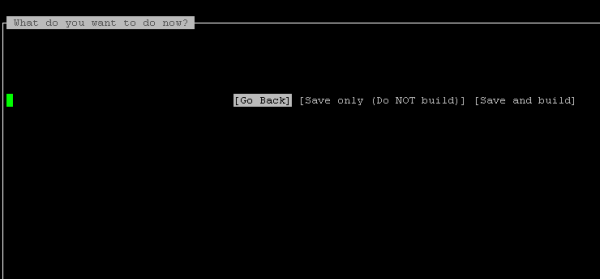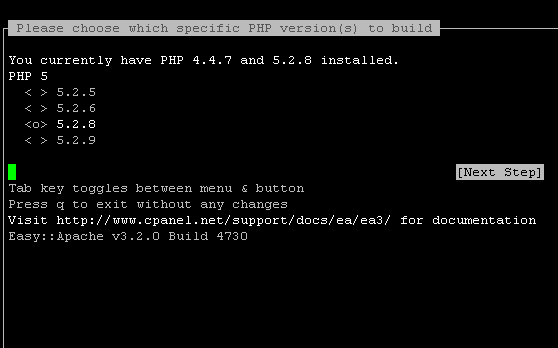Jul 13
cPanel stores it’s log files in the /usr/local/cpanel/logs directory. Below is a list of the common log files that are located in a cPanel server along with a short description.
access_log — cPanel access log for both cPanel and WHM
error_log — cPanel error log
license_log — cPanel license log
login_log — cPanel user login log
melange.log — cPanel chat server log
melange_msg.log — cPanel chat server message log
stats_log — cPanel web stats log
Also cPanel keeps other system logs in the /var/log/ directory.
bandwidth — cPanel total bandwidth logs for the entire server
chkservd.log — chkservd service log
clamav — clamav log directory
cpupdate.log — cPanel update log
exim_mainlog — Exim email transaction log
exim_paniclog — Exim error log
exim_rejectlog — Exim rejected email log
maillog — Transaction and login log for all mail services
pgsql — PostgreSQL log file
cPanel keeps the domain weblogs in the /usr/local/cpanel/domlogs directory for each domain name that is hosted on the server. This includes FTP transfer logs for each account.
Jun 19
Here is how to compile your php on cpanel, in this case i want to add Mysqli module on my php.
we will use easyapache script from cpanel
What is EasyApache ?
EasyApache is a pre configured script that allows you to easily update Apache Web server through WHM or SSH. In this tutorial we will show you how to update apache using SSH /scripts/easyapache.
Run EasyApache
[~]# /scripts/easyapache
^[[B!! Pre allocation testing was successfully able to allocate 90MB !!
!!
Ouput from ‘/bin/sh -c “ulimit -a”‘:
core file size (blocks, -c) 0
data seg size (kbytes, -d) unlimited
scheduling priority (-e) 0
file size (blocks, -f) unlimited
pending signals (-i) 73728
max locked memory (kbytes, -l) 32
max memory size (kbytes, -m) 524288
open files (-n) 1024
pipe size (512 bytes, -p) 8
POSIX message queues (bytes, -q) 819200
real-time priority (-r) 0
stack size (kbytes, -s) 10240
cpu time (seconds, -t) unlimited
max user processes (-u) 73728
virtual memory (kbytes, -v) 524288
file locks (-x) unlimited
!!
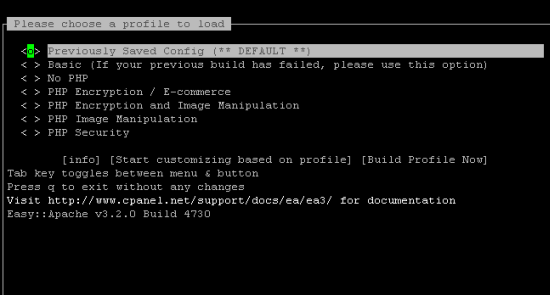
choose the default option, Klik tab to go to [Start customizing based on profile] and enter
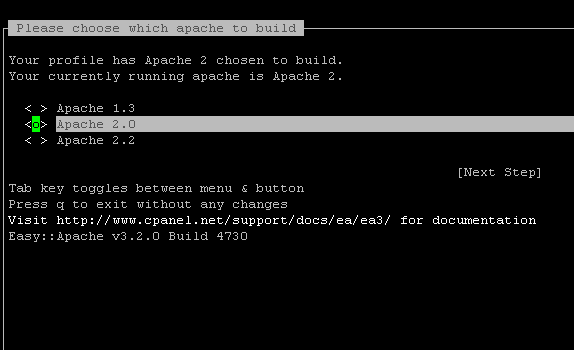
choose your current apache version and next

choose the modules you want to set, if the modules did not exist pick the Exhaustive Option List
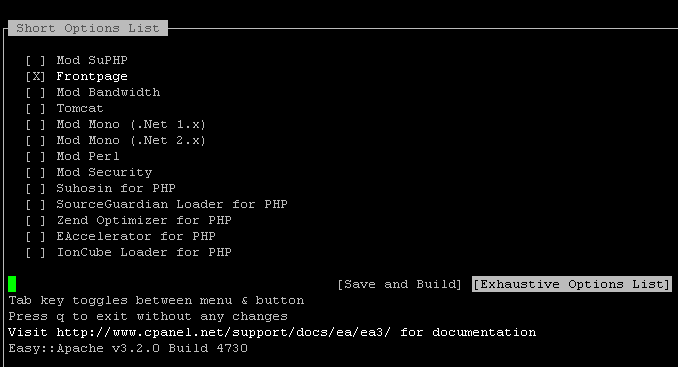 select the Mysqli option
select the Mysqli option
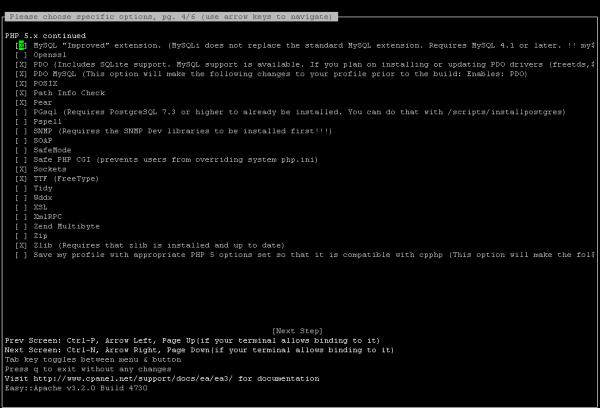
Save and build